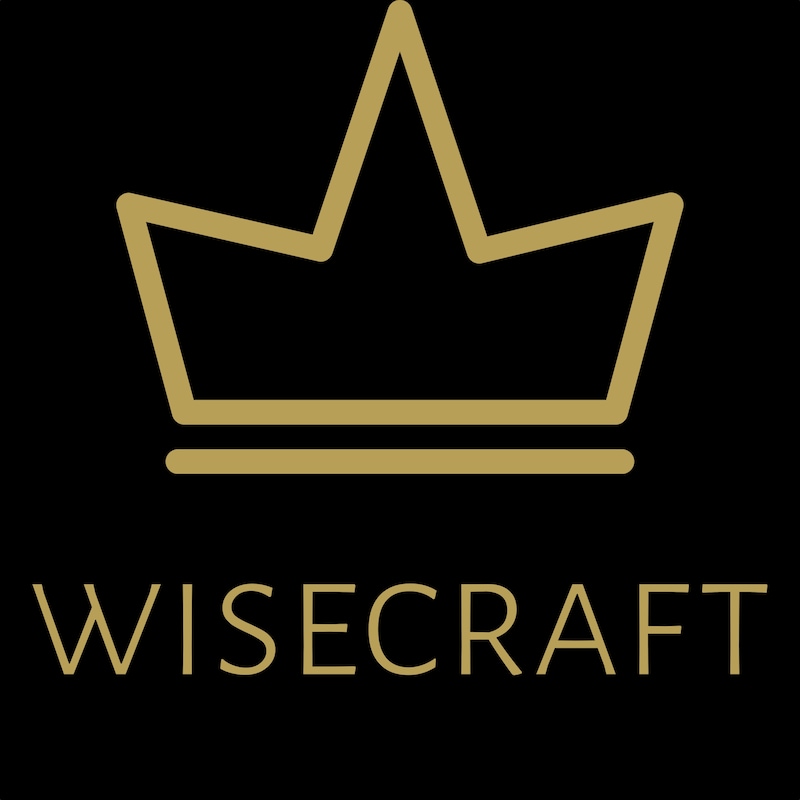
Shownotes
In today's episode we take a systemic view of what leads to addictive behavior, focusing on what Josh calls the core chaos cycle.
About Josh Kalsbeek, LMFT
• As a Psychoherapist I help people overcome their greatest struggles.
•Founder and CEO of Great Oaks Collective, and it's flagship program Overcome, a 10-Week virtual Intensive Outpatient Program for Christian couples experiencing sexual betrayal and addiction. www.greatoakscollective.com.
• Sign up to receive my weekly email newsletter, Words of Wisdom.
---
Links
To see the entire Recovery series, go here
To see this podcast transcript and to see the core chaos cycle depicted visually, go here
---
Transcripts
Words of Wisdom 103 on the core chaos cycle,
2
:recovery part 11 introduction.
3
:It's helpful to see the
fundamental elements of things
4
:and how those elements interact.
5
:I do that today in discussing
what I call the chaos cycle.
6
:This episode is part 11 in a
series on addiction and recovery
7
:to see the entire recovery series,
8
:go to wisecraft.org.
9
:To understand recovery, you must
understand addiction and what
10
:feeds the addictive behavior.
11
:Today I will introduce what
I call the core Chaos Cycle.
12
:The Core Chaos Cycle is a systems
view of addiction and trauma.
13
:Let's reflect on addiction.
14
:Typically, when people think about
addiction, all they think about is this
15
:specific addictive behavior, whether
a substance addiction like alcoholism,
16
:or a process addiction like sex
addiction, the focus is on the behavior.
17
:And the age old question is, why
don't addicts just decide to stop?
18
:To understand addiction, we need to
have a systems thinking mindset to fully
19
:see the cunning, baffling, and powerful
nature of addiction, we need to see
20
:not only the contributing elements of
addictive behavior, but the ways those
21
:elements interact with each other and
the compounding effect of those dynamics.
22
:There are many different elements
that comprise addiction, but we cannot
23
:see them only as individual elements.
24
:We must understand them in their
context, in relationship to one another.
25
:To understand an addictive behavior,
you must see it in the cycle of
26
:chaos that the addict is trapped in.
27
:The Core Chaos Cycle is a description
of the dynamics of chaotic living
28
:and how that feeds specific
physiological and psychological
29
:triggers to choose to setback.
30
:A setback is what I call choosing a
behavior that goes against your values.
31
:This setback behavior feeds what
we call the five strongholds.
32
:Over time, repeatedly moving through
the cycle of behavior grows into
33
:developing an addictive behavior.
34
:For example, occasional times of abusing
alcohol using marijuana or hooking
35
:up doesn't make someone an addict.
36
:Addiction is about the compulsive
nature of the behavior that has
37
:grown over months and years.
38
:Late stage addiction is indicated by
the addictive behavior in the Core
39
:Chaos Cycle that feeds it, becoming the
dominant dynamic of the person's life.
40
:To see an image of the core chaos
Cycle, go to wisecraft.org and
41
:I'll link it in the show notes.
42
:The core chaos cycle is a way of
seeing how these core elements
43
:of addiction feed each other.
44
:In the future
45
:I will explore all of these dynamics in
greater detail for today, consider the
46
:following practical steps to address
each element of the core chaos cycle.
47
:First, use the three circles exercise
from sex addicts anonymous to reflect
48
:on and identify the chaotic behavior.
49
:In S.A.A.
50
:this is called your inner circle
and middle circle behavior.
51
:Second, identify the triggers that
cue you to have the urge to engage in
52
:your addictive or setback behavior.
53
:Then seek to minimize your triggers.
54
:Third, know your values and what you're
committed to so you're clear with yourself
55
:about what a setback behavior actually is.
56
:Finally develop a daily reflection
practice to identify and let
57
:go of the five strongholds.
58
:The five strongholds are
selfishness, dishonesty, resentment,
59
:fear, and distorted thinking.
60
:The more deeply you understand and seek
mastery over the fundamental elements
61
:that drive addiction, the more you'll
experience freedom and flourishing.
62
:Quotes.
63
:"I think most people can learn a
lot more than they think they can.
64
:They sell themselves short without trying.
65
:One bit of advice.
66
:It is important to view knowledge
as a sort of semantic tree.
67
:Make sure you understand the
fundamental principles, i.e.
68
:The trunk and big branches before
you get into the leaves or details,
69
:or there is nothing for
them to hang on to."
70
:Elon Musk in an ask me anything on Reddit.
71
:In every systematic inquiry or methodos
where there are first principles or
72
:causes or elements, knowledge and
science result from acquiring knowledge
73
:of these for we think we know something
just in case we acquire knowledge of
74
:the primary causes, the primary first
principles, all the way to the elements.
75
:Aristotle, in his book, Physics Questions.
76
:First, identify one setback or addictive
behavior that goes against your values.
77
:It might help to think of the
last time you relapsed or setback,
78
:Then reflect on these questions.
79
:In the days and hours before, what led
up to you setting back or relapsing?
80
:What compromises in your
values did you choose?
81
:What feelings did you experience
in the hours before you set back?
82
:What physiological or environmental
triggers did you experience?
83
:What lies did you believe?
84
:Use these questions as a journal
prompt and prayers for this week.
85
:End note.
86
:Recovery is easy.
87
:All it costs you is everything.
88
:Live wisely, Josh


